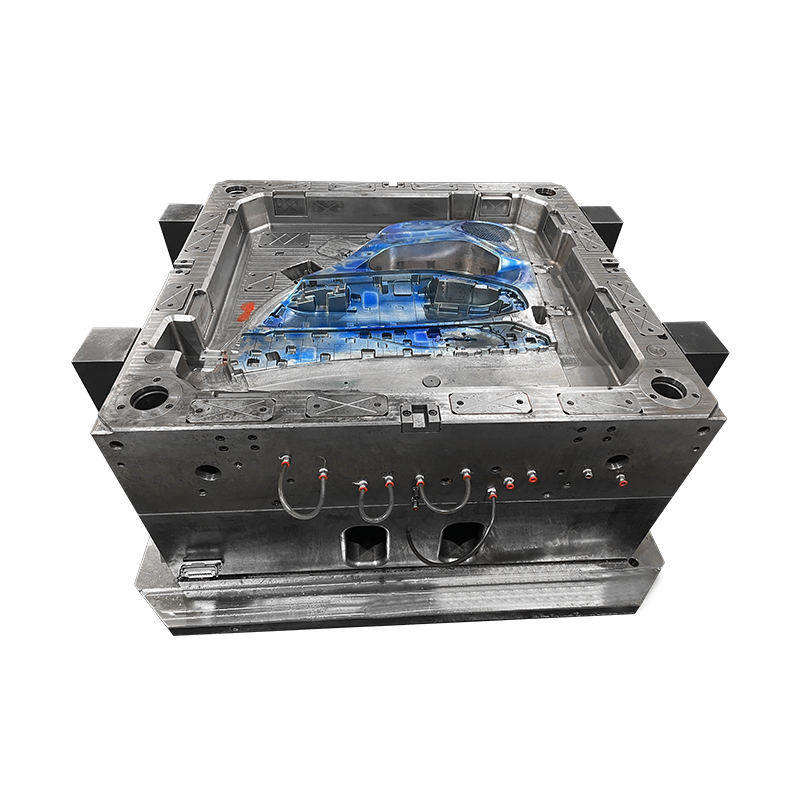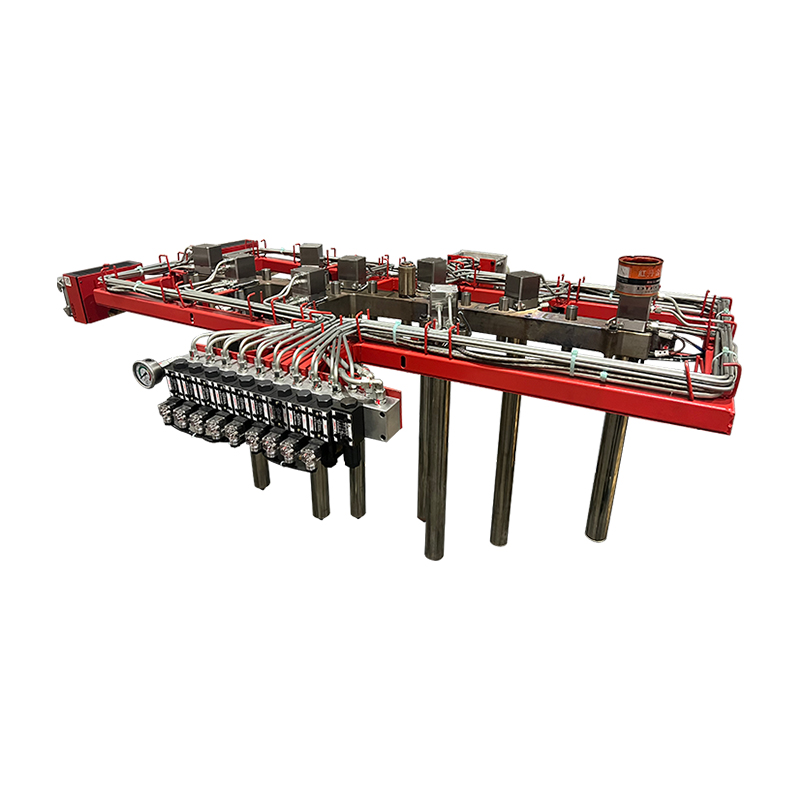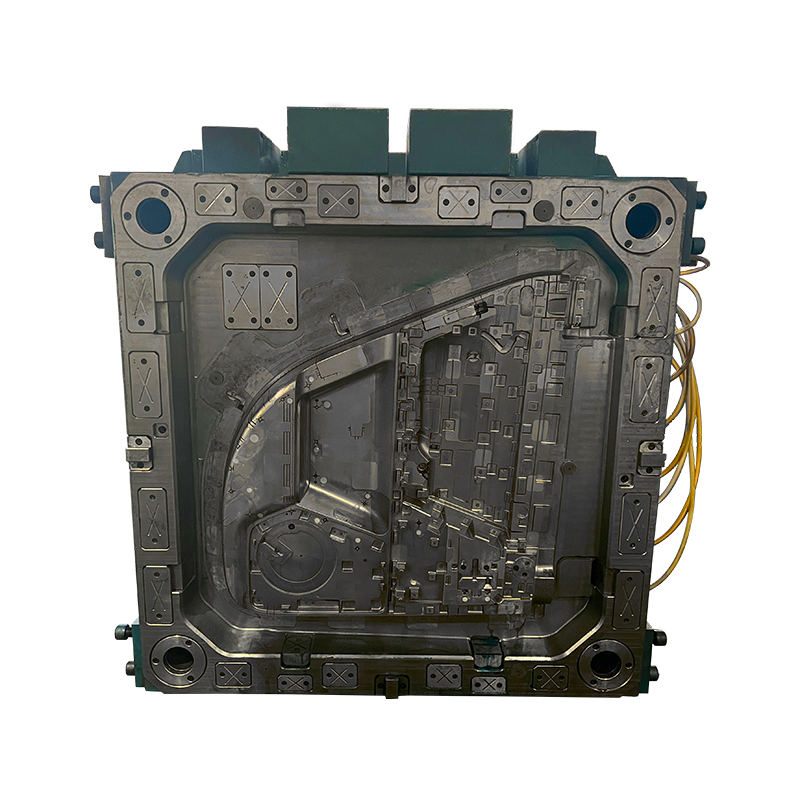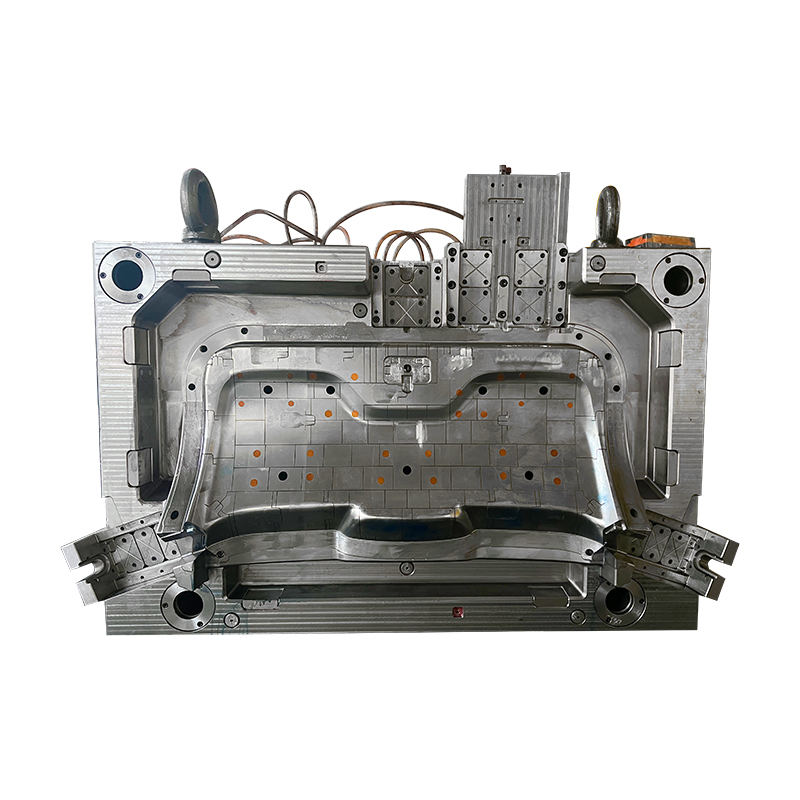In the realm of manufacturing, the design and production of injection molds are critical processes that directly influence the quality, efficiency, and cost-effectiveness of plastic products.
Understanding Cheap PP Plastic Injection Mold
Cheap PP plastic injection molds play a pivotal role in the production of a wide range of plastic components. Polypropylene (PP) is a versatile thermoplastic material known for its durability, chemical resistance, and flexibility, making it ideal for diverse applications in the automotive, consumer goods, packaging, and medical sectors.
Affordability and Cost Efficiency: The term "cheap PP plastic injection mold" emphasizes affordability without compromising on quality. These molds are designed to initial investment costs, making them accessible to small and medium-sized enterprises (SMEs) and startups seeking cost-effective manufacturing solutions.
Material Characteristics: PP exhibits good moldability, allowing for intricate designs and complex geometries in injection molding processes. Its lightweight nature and resistance to moisture and chemicals further enhance its suitability for a wide range of applications.
Design Flexibility: Cheap PP plastic injection molds offer versatility in design, accommodating various part geometries, sizes, and surface finishes. Designers can incorporate features such as undercuts, threads, and fine details into mold designs to meet specific functional and aesthetic requirements.
Production Efficiency: Injection molding with PP molds ensures high productivity and efficiency due to rapid cycle times and minimal post-processing requirements. The durability of PP molds contributes to extended tool life and reduced maintenance costs, optimizing overall production efficiency.
Advantages of Cheap PP Plastic Injection Mold
Cost-Effective Production: The affordability of cheap PP plastic injection molds reduces upfront tooling costs, allowing manufacturers to allocate resources to other aspects of production, such as material selection and quality control.
Versatile Applications: PP is widely used in automotive components, household appliances, packaging, and healthcare products due to its versatility and suitability for molding complex shapes.
Material Properties: PP exhibits good chemical resistance, impact strength, and dimensional stability, ensuring long-lasting performance in diverse environmental conditions.
Design Freedom: Injection molding with PP molds enables designers to create intricate and lightweight parts with precise details and functional features.
Sustainable Manufacturing: PP is recyclable, contributing to sustainable manufacturing practices and reducing environmental impact.
Considerations in Designing Cheap PP Plastic Injection Mold
Material Selection: Choosing the right grade of PP is crucial to achieving the desired mechanical properties and performance characteristics in injection-molded parts. Factors such as stiffness, impact resistance, and temperature resistance influence material selection.
Mold Design Complexity: Designing cheap PP plastic injection molds involves optimizing part geometry, draft angles, and gating systems to ensure efficient resin flow and molding defects such as warping or sink marks.
Tooling and Machining: Precision tooling and machining processes are essential for manufacturing durable and high-quality PP molds. CNC machining and EDM (Electrical Discharge Machining) are commonly used to achieve tight tolerances and smooth surface finishes.
Cooling System: Efficient cooling systems within PP molds promote uniform cooling and reduce cycle times, enhancing productivity and part quality.
Surface Finish and Texture: Considerations for surface finish and texture in PP molds influence part aesthetics, functionality, and ease of demolding.
Applications of Cheap PP Plastic Injection Mold
Automotive Components: PP is used in interior trim panels, dashboard components, and exterior body parts due to its lightweight and impact-resistant properties.
Consumer Goods: Household appliances, electronic enclosures, and kitchenware benefit from PP’s versatility and cost-effectiveness.
Packaging: PP is ideal for manufacturing food containers, caps, and closures due to its resistance to moisture and chemicals.
Medical Devices: PP’s biocompatibility and sterilizability make it suitable for medical equipment and disposable devices.












